Johns Hopkins panel tackles migration at diaspora major launch
Panelists highlighted how policy changes have heightened fear among undocumented migrants and asylum seekers.
 The Chloe Center for the Critical Study of Racism, Immigration, and Colonialism hosted an event on migration and how the new administration’s policies may pose additional challenges. / Luna Mercuri
The Chloe Center for the Critical Study of Racism, Immigration, and Colonialism hosted an event on migration and how the new administration’s policies may pose additional challenges. / Luna Mercuri
Trump administration policies have created new challenges for migrants and those who work to support them, a panel of experts said at a recent Johns Hopkins University event on Feb. 6, making the launch of the new Critical Diaspora Studies undergraduate major at the Chloe Center.
The Chloe Center for the Critical Study of Racism, Immigration, and Colonialism hosted ‘From the Borderlands to Baltimore: Meeting the Challenges for Refugees Today’ with the Center for Social Concern and the Program in Latin American, Caribbean, and Latinx Studies. The discussion explored how policy shifts affect migrant communities and the professionals assisting them.
The panel featured Susana Gastelum from SAMU First Response, Yaneldis Boullon from Esperanza Center Health Services, and Fatmata Barrie from Barrie Law Center.
Gastelum, who has worked at a now-closed migrant shelter in Tucson, Ariz., described how policy changes have disrupted not just migrant communities but also local economies that supported them.
“We were employing food companies, janitorial companies, transportation. And now all these people have been laid off,” she said.
She added that restrictions on asylum seekers had left many stranded in small border communities, uncertain about their futures as their scheduled appointments with U.S. authorities have been canceled.
Panelists also highlighted how policy changes have heightened fear among undocumented migrants and asylum seekers. Boullon explained that many migrants now avoid hospitals and schools, fearing encounters with immigration enforcement.
“The reality is that depending on the county in Maryland that one lives in, one might be more at risk of being questioned,” Boullon said, emphasizing that deportations have long been a government practice but are now being used to instil fear.
Barrie, an immigration lawyer, discussed the psychological toll these policies take on migrants and the role legal professionals play in helping them navigate the system.
“They say an attorney is a counselor, and I am doing a lot of the counselor part—having to calm people down and have them understand that the images they see online are purposeful,” she said. “We’ve always had removals and deportations. It’s nothing new, but the images are purposeful. It’s there to imprint people’s minds and psyches to be frozen with fear.”
Despite the challenges, the need for services has not diminished in Baltimore, Boullon noted. The Esperanza Center continues to provide critical support to migrants in the city.
The discussion also touched on self-care for professionals working in high-stress environments. Gastelum finds motivation in her desire to create a better world for her child and for other mothers, while Boullon emphasized the importance of celebrating and serving her community.
Myriam Amosu, a senior attending the event, expressed appreciation for the panelists’ insights.
“If it’s stressful for us just hearing about it, you can’t imagine how much it must be for them, actually being there and trying to help as many people as possible,” she said in an interview with The News-Letter.
The panel also placed the discussion in a global context, with Barrie arguing that past and current neocolonial systems contribute to forced migration.
After the event, The News-Letter spoke with Christopher Amanat, a first-year student majoring in History and Critical Diaspora Studies, who helped organize the event. Amanat, who previously worked in a shelter with Gastelum, said he hoped to raise awareness about the challenges of working in immigration under the current administration.
“If you are an immigrant yourself, or if you have family who are immigrants, or if you have a family member who is undocumented, and you feel afraid and you feel alone, know there are people fighting for you,” he said. “I am fighting for you. We can only make a change together.”
ADVERTISEMENT
ADVERTISEMENT
E Paper
Video



 Pranavi Sharma
Pranavi Sharma
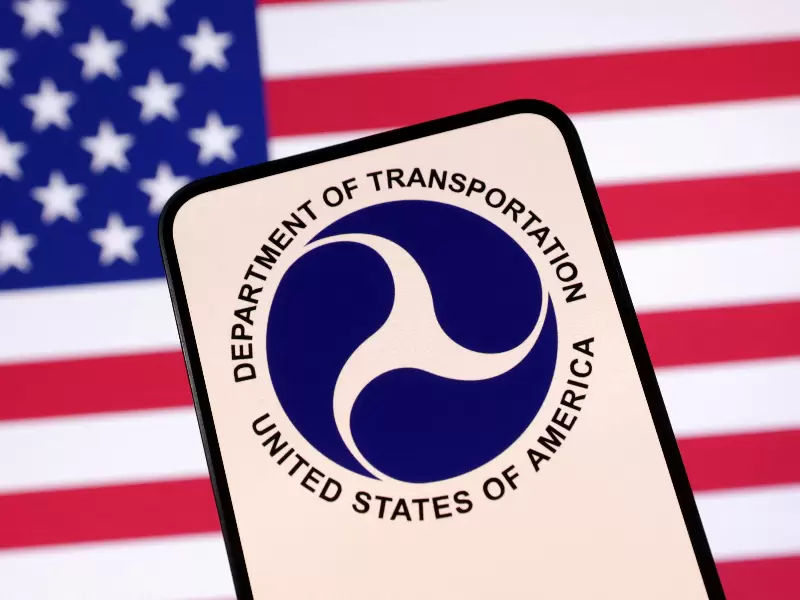


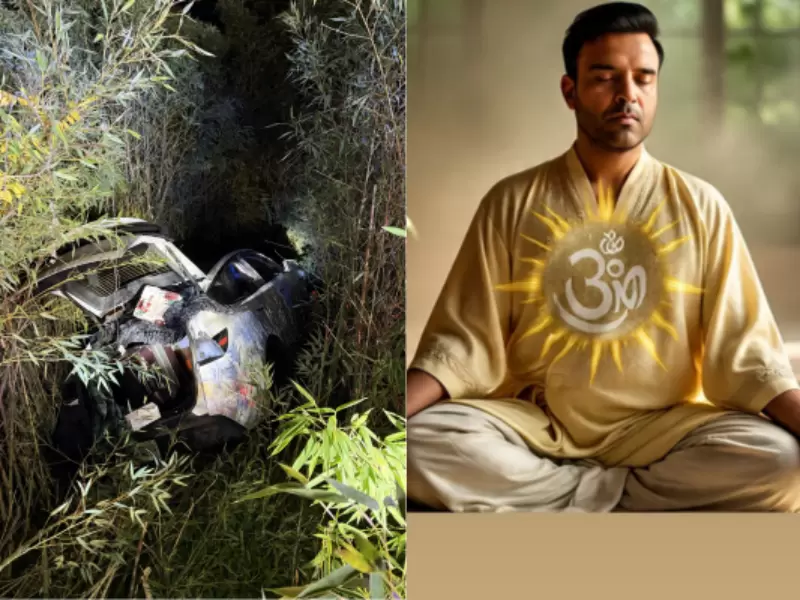
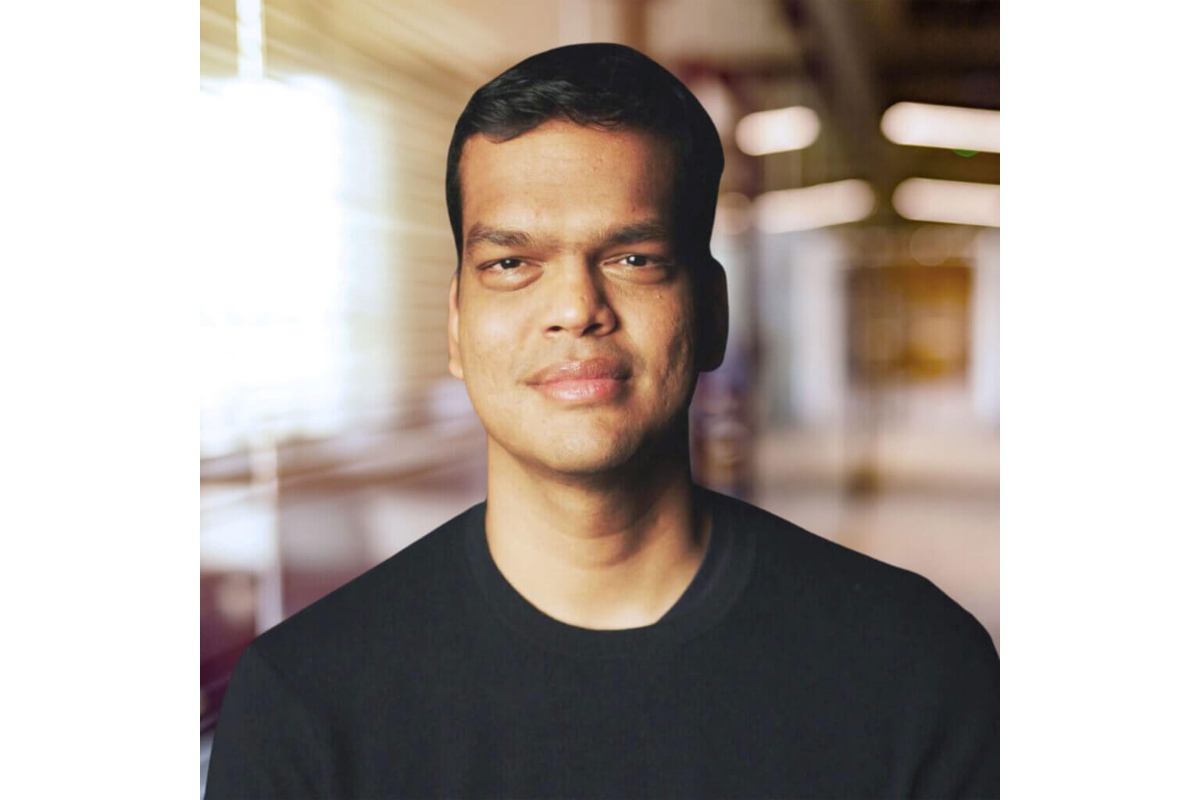

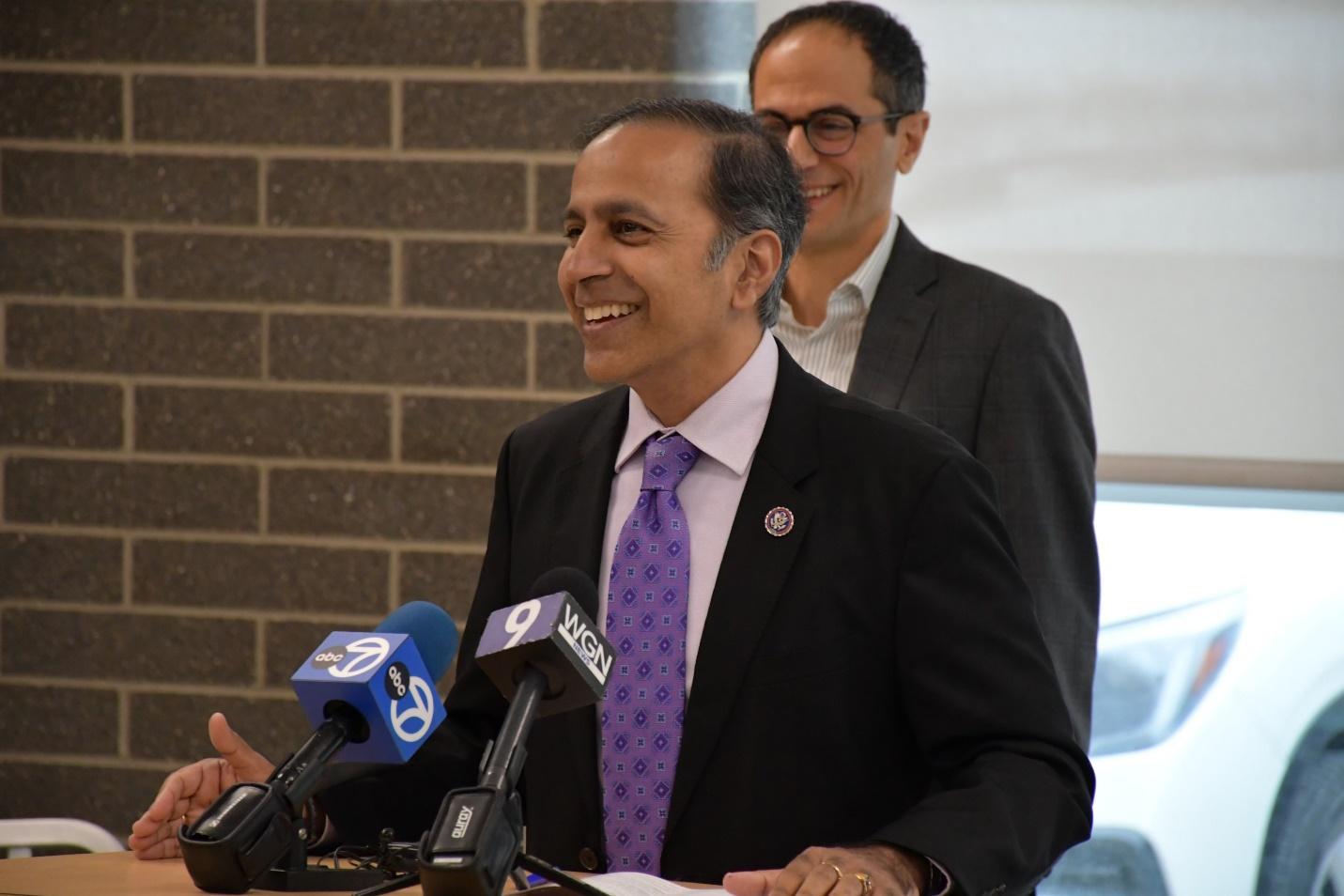
.jpg)

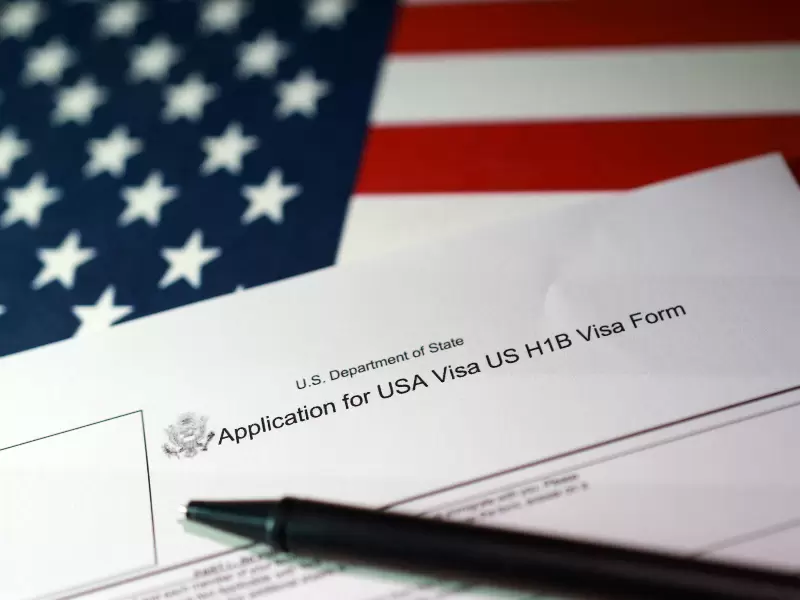
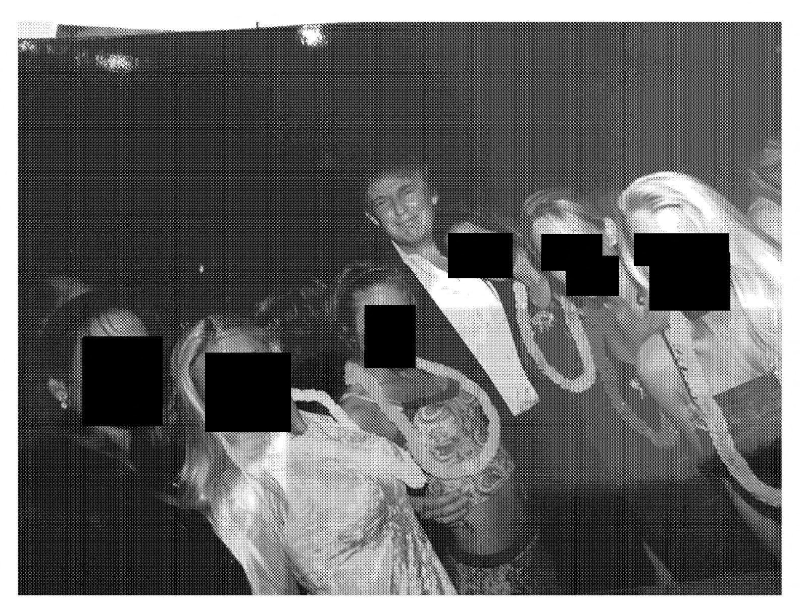

Comments
Start the conversation
Become a member of New India Abroad to start commenting.
Sign Up Now
Already have an account? Login